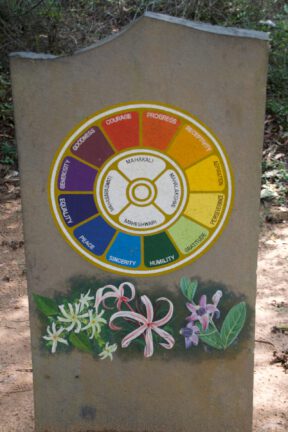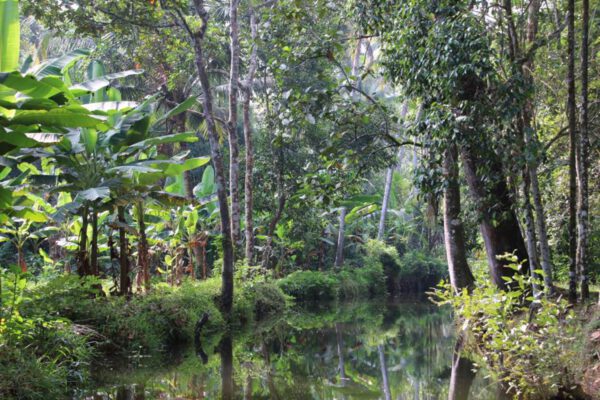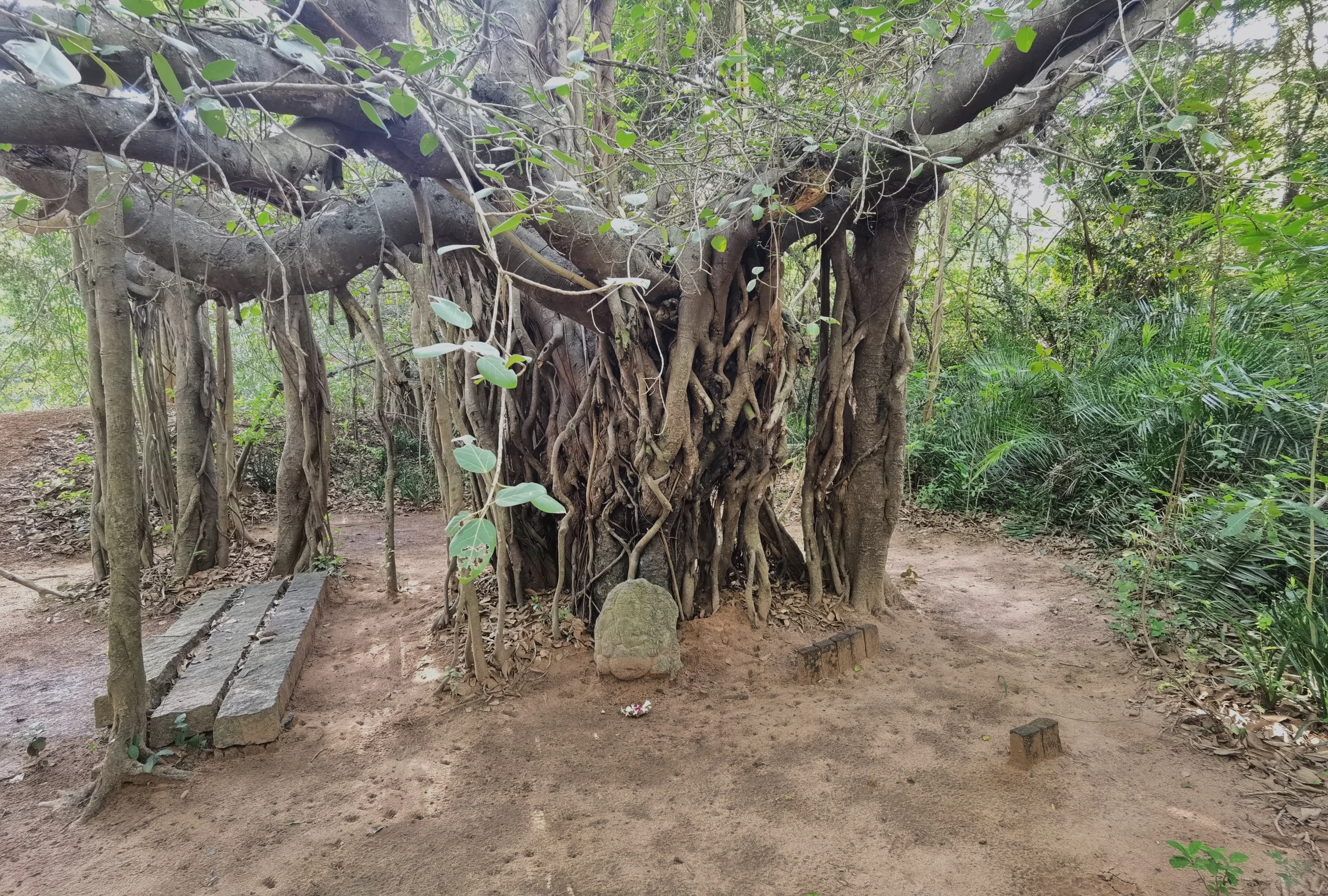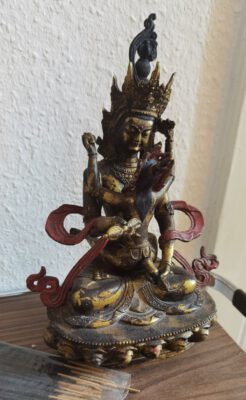Ene of the most serious misunderstandings of recent generations is the confusion between economic and political theory. It seems to be almost a consensus that capitalism is understood as a political theory. There may be many reasons why capitalism needs to be understood politically. There are certainly also reasons why capitalism is often thought of together with democracy. For many people it is the same thing anyway. Democracy without capitalism or capitalism without democracy seems unimaginable to many. It sounds synonymous. This is dangerous because it suggests that one cannot function without the other. What is even more surprising, however, is that we hardly ever discuss real alternatives.
I would simply say that capitalism was not a good idea. We can see the consequences very clearly right now. All attempts to include the 'true' costs in cost calculations in order to make capitalism sustainable also miss the mark. The idea that the world, its procedures and processes, social work, all of this can be translated into monetary values is fundamentally wrong. Seduced by the appearance of gold, people have exchanged more and more elements of their lives for it. The accumulation of this gold, later in the form of money, led to a transformation of wealth into economic and ultimately political power. And because we all participate in this somehow, we think that this is how society is organized and that politics is the distribution of money. But we need to think about society in political, social, cultural and spiritual categories again. This is where the basic income comes in, and the discussion about it is good.
Alternatives
Why are there so few attempts to live differently? If we disregard all the experiments that have only lasted a few wild years, there is Longo Mai in Europe as a networked cooperative. In India, Auroville as a cashless society dedicated to working on (human and divine) consciousness.
I have always been fascinated by such 'utopias'. Not only because they try to avoid the negative consequences of current models, but above all because they release energy and value. Instead of concentrating on the production, consumption, distribution and administration of production goods and trying to derive meaning from this, these utopias open up freedom to indulge in the search for meaning and to fathom the mystery of life. Because one thing is clear. The accumulation of possessions, the gathering together of things in a more or less random place on earth, cannot be the meaning. Dedicating ourselves to the exploration and development of consciousness is the only task that we, as beings conscious of ourselves, can, want and should devote ourselves to.
Why do we call it a utopia? Why do we think that this place is unattainable? Who has been telling us for so long that this is not possible? And why do so few people participate in the concrete places of 'real utopias'?







